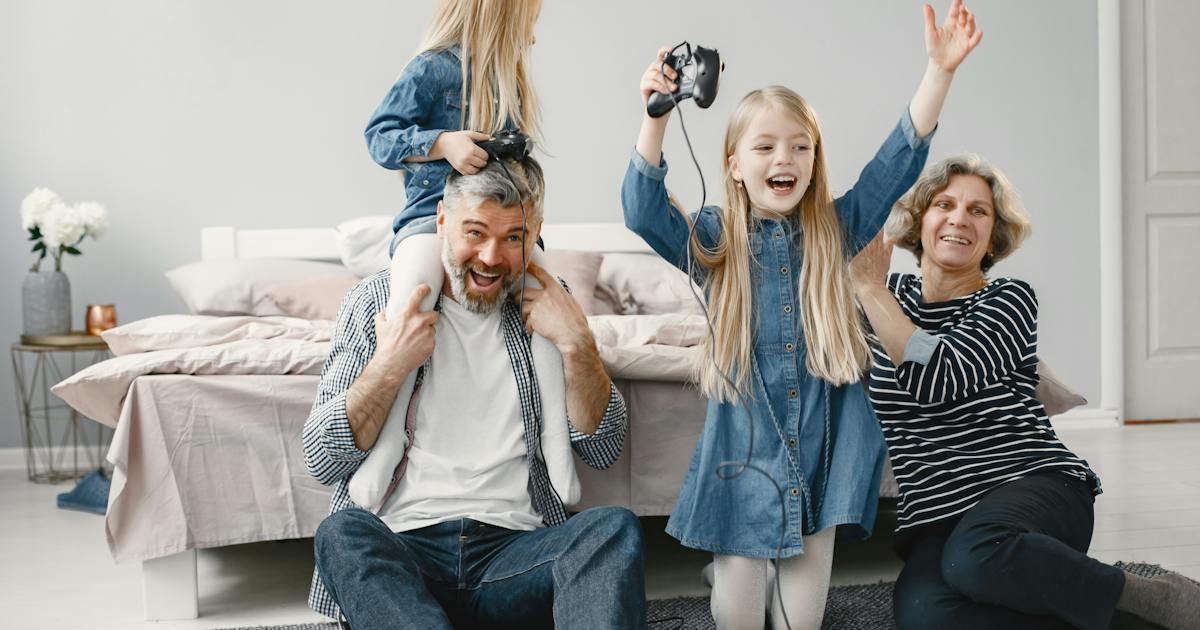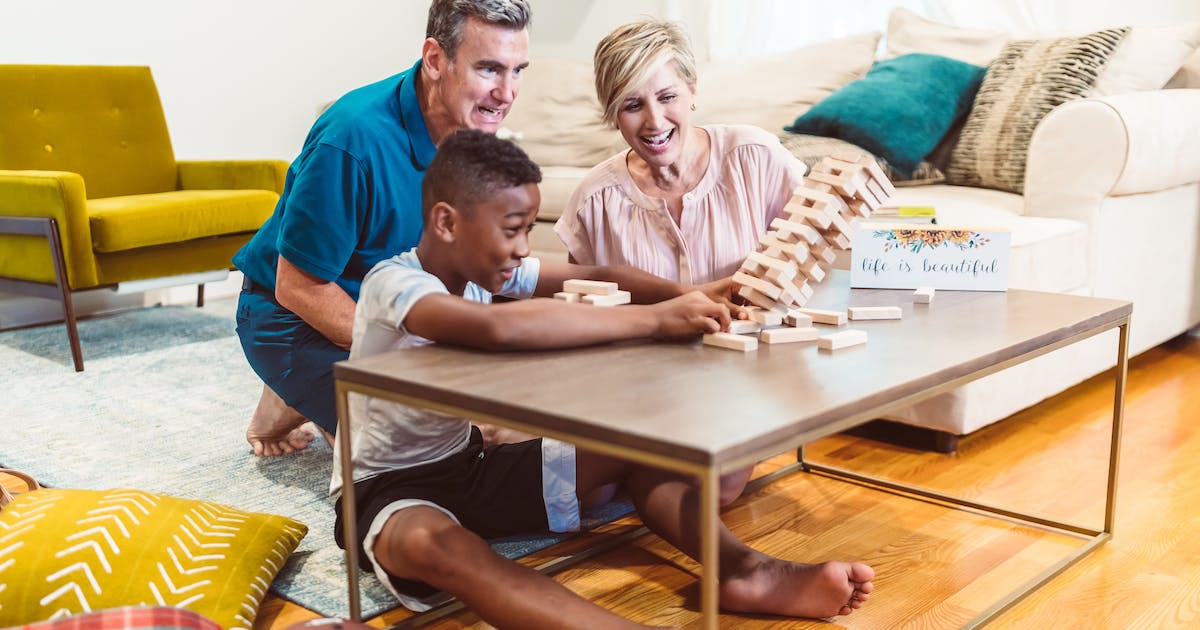Codependency is a complex and often misunderstood dynamic that can deeply impact family dynamics and relationships. It refers to a dysfunctional pattern of behavior where individuals prioritize the needs of others to the detriment of their own well-being. This phenomenon often stems from various underlying causes within familial settings, contributing to its development and persistence.
Since codependency is common in families with addiction, it’s important to understand this dynamic and how it might be affecting you and your loved ones. Let’s explore the root causes of codependency, how these relationships manifest within families and how to help your family heal.
Enmeshed Family Dynamics
Codependency often arises in families with enmeshed relationships, where boundaries between individuals are blurred or nonexistent. In such settings, family members become overly reliant on each other for validation, support or identity, creating an unhealthy interdependence.
The problem with enmeshment is that it often looks, at least from the outside, like love. A parent who wants to hear everything about their adult child’s day appears to be interested in their life. However, not having boundaries can cause the adult child to involve their parent in every decision, negatively impacting their relationships and compromising their confidence and independence.
Addiction or Substance Abuse
Families grappling with addiction or substance use issues often foster codependent relationships. Family members might enable the addictive behavior, sacrificing their own needs to maintain a sense of normalcy or protect their loved ones from consequences. For example, your spouse may sit home and drink or use drugs while you work two jobs to pick up the slack.
Similar to enmeshment, it can be difficult to recognize codependency in a family with addiction. On the outside, it probably looks like you’re trying to protect your loved one: I can’t just throw them out on the street! Without my help, they’ll have nowhere to go! Unfortunately, without consequences, people who use substances will feel no need to start substance abuse treatment in Easton PA.
Trauma and Unresolved Issues
Past trauma, whether emotional, physical or psychological, can contribute significantly to codependency. Individuals may adopt codependent behaviors as coping mechanisms, stemming from unresolved issues or emotional wounds from their upbringing.
For example, let’s say that your parent failed to provide you with the support and guidance needed while you were growing up. As a result, you ended up feeling like your needs weren’t important. Now that you're an adult, you find yourself in relationships where you ignore your needs and focus on the needs of others.
It’s important to know that codependent behaviors can even happen in situations where the parent was not neglectful. Maybe your parent was a ‘helicopter parent’ who watched over your every move. This could have prevented you from learning important skills and coping mechanisms needed to function in later life. As a result, you may be overly reliant on others.
Parental Influence and Modeling
Children often learn behaviors and relationship patterns from their parents or primary caregivers. If a parent displays codependent tendencies, children may internalize these behaviors, perceiving them as normal ways of interacting and forming relationships.
Consider your own upbringing and how this may impact your relationships as an adult. It’s possible that this is all you know, and you have to work hard to break the cycle. The good news is that by doing this, you can stop the cycle of generational trauma and not pass this down onto your own children.

Poor Communication Patterns
Dysfunctional communication within families, such as avoidance of conflict or open expression of emotions, can contribute to codependency. This can create an environment where individuals suppress their needs to maintain a facade of harmony, leading to unhealthy relationships.
Caretaking Roles and Responsibilities
Codependent behaviors can also be caused by the role you were assigned within your family. For example, maybe you were assigned a caretaker role in the family where you were expected to solve your parents’ problems. Because you were busy taking care of everyone else, you neglected your own personal needs in the process. In your adult life, you now go out and form the same relationships where you take care of others but ignore your needs.
Furthermore, it’s also possible that cultural or societal norms have affected your relationships with others. Some cultures emphasize self-sacrifice and putting others first, while others stigmatize seeking help for mental health issues. This can reinforce codependent behaviors within families.
Signs of Codependency
Even though you may have had a difficult upbringing, it still takes two people to create a codependent relationship. Understanding what causes it can help you recognize why you form these types of relationships and what you can do to break the cycle. No matter how codependency looks on the outside, it is not a healthy practice, and it does not lead to healthy relationships.
Here are some signs of codependency:
- Needing to be in a relationship
- Needing to rescue or ‘save’ people
- Doing more than your share all the time
- Feeling hurt when your efforts aren’t recognized
- Inability to make decisions without the other person
- Difficulty communicating openly
- Regularly doing things you don’t want to
- Feeling guilty for doing things for yourself
- Extreme need for approval
Therapy for Codependency
Understanding the causes of codependency in families is the first step toward breaking the cycle. Healing often involves therapy, establishing healthy boundaries, learning self-care and fostering open and honest communication within the family unit.
The most effective therapies for treating codependency are cognitive behavioral therapy (CBT), family therapy and group therapy. You will work on different skills within these therapies, such as recognizing and changing negative, codependent thoughts and beliefs and learning new ways of interacting with family members.
It’s also important that the individual with the substance use disorder gets help.
Heal the Family Unit at Recovery Cove
Recovery Cove is a drug and alcohol rehab in Easton, PA. We provide outpatient services to help individuals recover from substance use and rebuild their lives. Family therapy is an important component of our recovery program, and we use this time to help families heal codependent relationships. Contact us today at 484-549-COVE to learn more.






